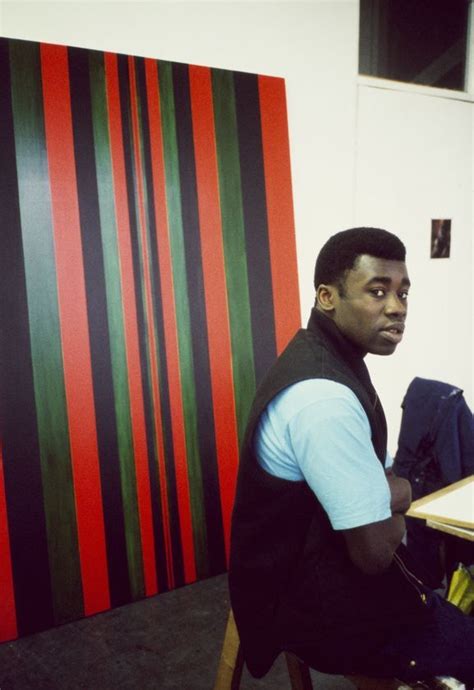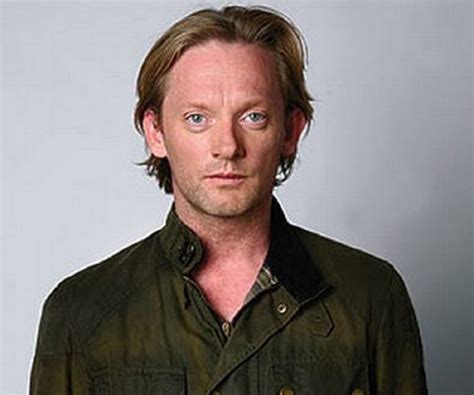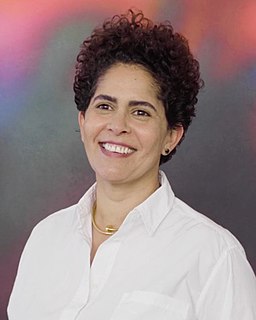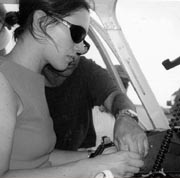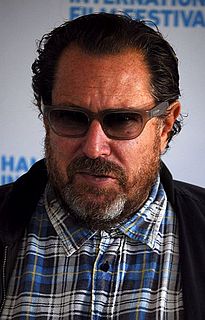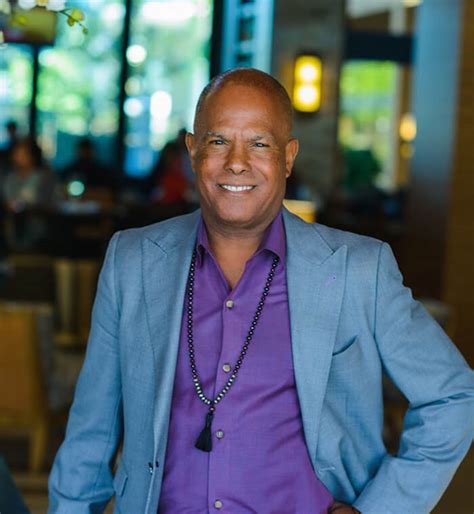A Quote by Georg Baselitz
No one who looks at my paintings can see whether a painting is upside down or not anymore. I've made or developed so many image models that some people have given up trying to keep track of me. But others have only one or two ways of doing things and are successful with that.
Related Quotes
When I was painting in art school - and I think many painters in the 1980s worked similarly - a finished painting would often be constructed from lots of other paintings underneath. Some of these individual layers of painting were better than others, but that was something that you would often only realise retrospectively.
People look at film in a gallery, and if they walk out after two minutes they know they haven't seen the whole work. But then people look at a painting for two minutes and think they've seen it. Certain paintings are made to be consumed fast. But some require a slowed-down time. You have to go back to them.
Nothing surprises me anymore. We'll keep doing what we're doing. I'm going to keep going forward with solutions that I want to see applied to this great country, the challenges that we're facing. And things like that [e-mails as governor published] are going to be perhaps a distraction for others. They won't distract me.
I've been playing piano my whole life but I'd never tried to understand how compositions are made really. Try to imagine if you'd loved paintings your whole life but had never painted one. My aspiration now is just to understand. I don't have professional pretensions. I've learned so much. So many things I've been doing in the visual, two-dimensional painting world parallel many of the inner working of music - how intervals resolve into each other, harmonic rhythm, tonal things - there's a whole vocabulary that overlaps. Sometimes people see pianos in my works - that I never think.
Maybe the only thing each of us can see is our own shadow. Carl Jung called this his shadow work. He said we never see others. Instead we see only aspects of ourselves that fall over them. Shadows. Projections. Our associations. The same way old painters would sit in a tiny dark room and trace the image of what stood outside a tiny window, in the bright sunlight. The camera obscura. Not the exact image, but everything reversed or upside down.
I think that people tend to look at the paintings as being resolved or finite. But, to me, a painting can be an index for all of the paintings I've done and all of the paintings I'm going to do. It's like if I'm doing a film of the Olympics, I'm not examining a specific sport; I'm interested in the overall context.
You're like a witness. You're the one who goes to the museum and looks at the paintings. I mean the paintings are there and you're in the museum too, near and far away at the same time. I'm a painting. Rocamadour is a painting. Etienne is a painting, this room is a painting. You think that you're in the room but you're not. You're looking at the room, you're not in the room.
There's an old saying that God made us in His image, and we've been trying to return the favor ever since. People often view God in a human image. This God changes His mind, gets upset, answers some prayers but not others, loves some people but not others. But even with that limited image, if we pray sincerely, we'll eventually realize that God is changeless. He's the same all the time because He's not in time-time is in Him.
And in some ways, to me, that's one of the inspiring and powerful things about the Great Migration itself. There was no leader, there was no one person who set the date who said, 'On this date, people will leave the South.' They left on their own accord for as many reasons as there are people who left. They made a choice that they were not going to live under the system into which they were born anymore and in some ways, it was the first step that the nation's servant class ever took without asking.
I only study the things I like; I apply my mind only to matters that interest me. They'll be useful-or useless-to me or to others in due course, I'll be given-or not given-the opportunity of benefiting from what I've learned. In any case, I'll have enjoyed the inestimable advantage of doing things I like doing and following my own inclinations.
When I am in a painting, I'm not aware of what I'm doing. It is only after a sort of 'get acquainted' period that I see what I have been about. I have no fears about making changes, destroying the image, etc, because the painting has a life of its own. I try to let it come through. It is only when I lose contact with the painting that the result is a mess. Otherwise there is pure harmony, an easy give and take, and the painting comes out well.
What interested me in film was the image-making aspect of it. So, I went to school in cinematography. I was really convinced that image was what I wanted to do, and I think it came from the fact that I lived in a small town my whole life, but my mother was very interested in painting, so she would bring us to Paris for two weeks. So, we're going to the Louvre and to the museums and to see shows. In the evening we were seeing theater. Painting is basically what led me. I think the image was key.



